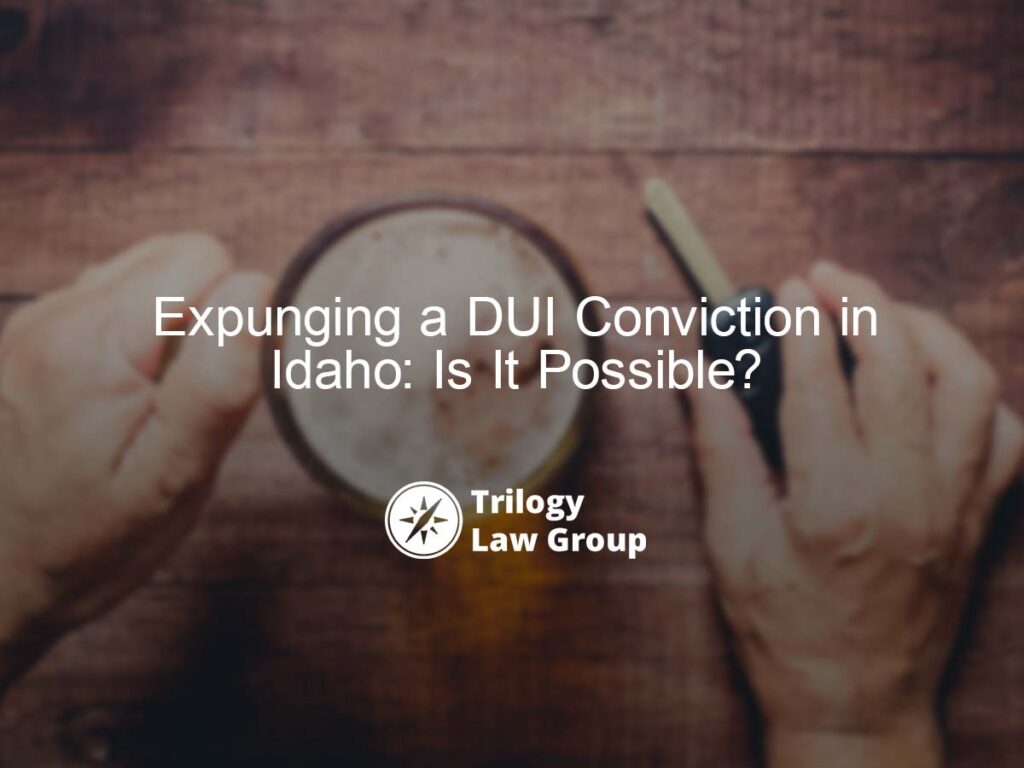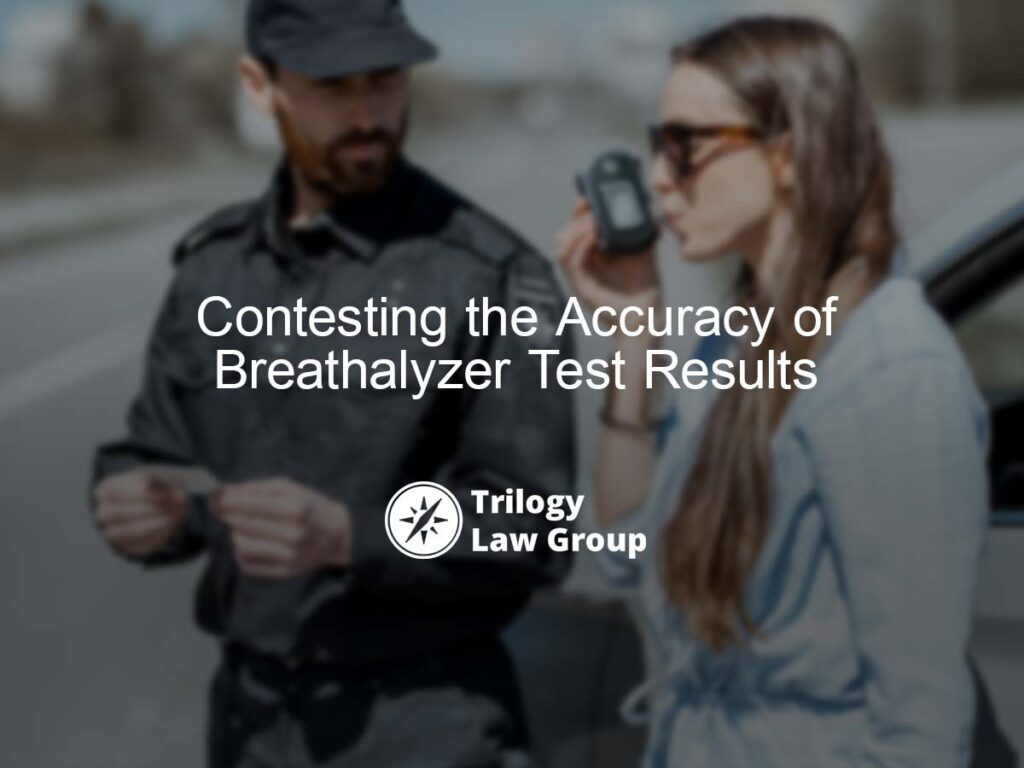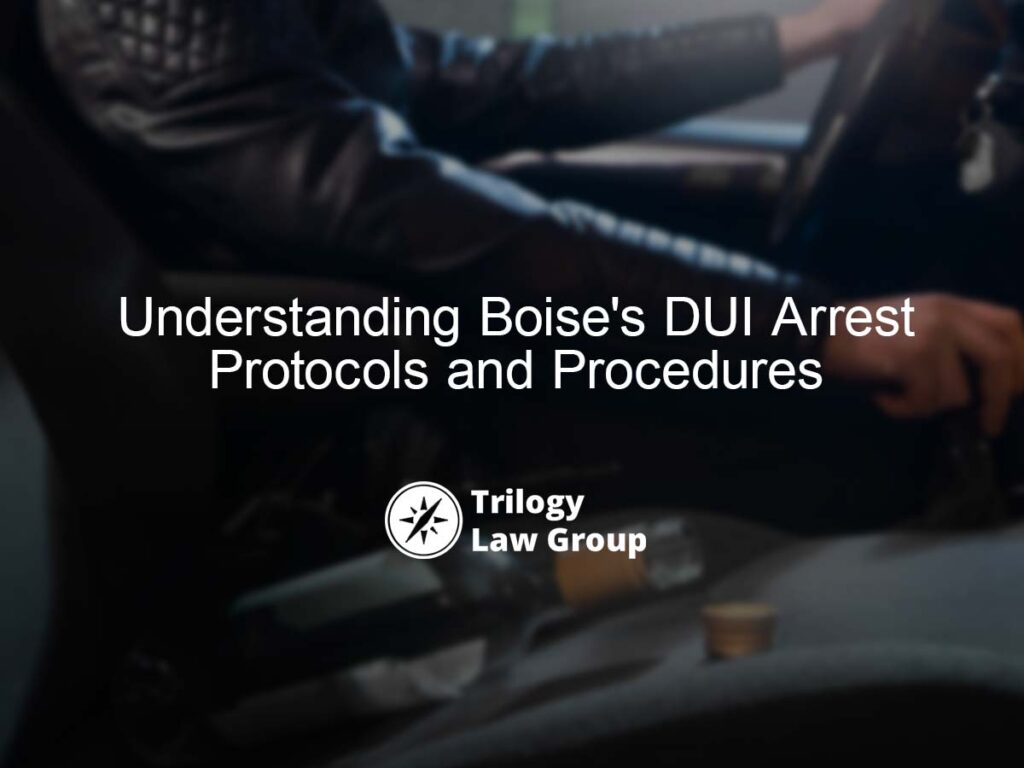Deciding to enter a plea agreement during a Boise DUI case is something that should be done with a full understanding of the agreement. Sometimes the agreement has certain stipulations and if you violate them, you could end up in more trouble than you were originally in. It’s a good idea to consult a DUI defense attorney in Boise, Idaho to make sure you don’t sign anything you don’t fully understand.
What Is A Plea Agreement in a Boise DUI Case?
A plea agreement is a legally binding agreement that is made between the prosecution and the lawyer of the defense. If the defense does not have representation, the prosecution can offer the agreement directly to the accused.
The terms of a plea agreement can vary based on the severity of a DUI offense. It is important to know, going into the negotiations, what the penalties for your current charges are and how pliable the prosecution is with lessening the charges.
DUI Penalty Overview
First Offense: Misdemeanor charge with a potential of 6 months in jail and the possibility of a $1000 fine. License suspension for 90-180 days, 30 of which are absolute and cannot apply for restriction permit.
Second Offense in a 10 year time period: Misdemeanor charge with a potential of jail time up to 1 year and the possibility of fines in the amount of $2000. License suspension for 1 year.
Third Offense in a 10 year time period: Felony charge with a 10-year prison sentence. The possibility of a $5000 fine may be imposed. Up to a 5-year license suspension.
If you find yourself in a situation where a plea agreement in your DUI case will be your best option, contact a Boise DUI lawyer for a free consultation.
How Plea Agreements Work
There are 3 types of plea bargains in the judicial system that a defendant may choose to enter based on what the prosecution wants to offer.
Charge Bargaining- This is when the defendant enters a guilty plea for a less serious charge than the original.
Count Bargaining- This is when the defendant pleads guilty to a fewer number of charges.
Sentence Bargaining- This where the defendant pleads guilty knowing what their sentence will be.
Most of the time, the prosecution is willing to consider a plea agreement because they save time and money, avoid either party going through a lengthy trial, and it keeps the docket from becoming overrun with these types of cases.
These types of agreements are made privately between the prosecution, the defense, and their counsel. Nothing is made public until an agreement has been made and ruled on by the court.
If the judge does not agree to the terms of the agreement that has been brought forth by the defense and the prosecution, they will have to go back behind closed doors and continue to negotiate until all parties, including the judge, are happy.
If the judge agrees with the agreement made between parties, they will go forward with the judgment as long as the defendant has submitted the knowing waiver of rights, a voluntary waiver, and acknowledge that there is evidence to support the guilty plea.
Plea agreements are legally binding and serve as an admission of guilt unless the case was dismissed.
Know Your Rights Before Agreeing to Anything
Make sure that you hire legal counsel as soon as possible. Do not make any agreements without having a lawyer present. They know the laws in this particular area better than you do and they can advise you if a plea agreement is in your best interest.
Allow your lawyer to review the case in its entirety before you decide if you want to plead guilty or not guilty. There may be a possibility that the lawyer sees something that could get your case completely dismissed, but if you take a plea agreement, the option of that becomes unavailable.
If a prosecutor has any doubt in the case against you, they may try to make the plea agreement look appealing to you as the defendant. Your lawyer will see through their tactics and discover where the prosecution’s case is weak and take advantage of it. You could see a serious reduction in charges or no charges at all.
Don’t gamble your life or freedom because the prosecution intimidates you or offers you something that feels too good to be true given the case.
Our DUI Lawyers Will Help You Fight Your Boise DUI Case
The prosecution is doing what is in the best interest of the state of Idaho. You should have an experienced Boise DUI defense law office in your corner doing what is in your best interest too. Think before you plead.



